Found: Evidence of the Oldest Beer Ever Brewed
It’s possible that beer even came before bread.

It’s a long-standing ritual to raise a glass of something brewed, fermented, or distilled to honor those who came before. New research indicates that humans have been brewing beer for ritual purposes far longer than was previously thought—for up to 13,700 years, perhaps predating agriculture itself.
An international team of researchers, led by Stanford University archaeologist Li Liu, analyzed stone mortars found in Raqefet Cave in present-day Israel, a site used for burials by the people of the Natufian culture. The team was trying to use microscopic residues for insight into which plants the Natufians consumed in their mortuary rituals, Liu said in a release. They found phytoliths—tiny silica particles from plant tissues—and remains of starches that appeared to be related to the transformation of wheat and barley into alcohol. Perhaps the Natufians were honoring their dead with a prehistoric microbrew.
So the scientists did the responsible thing: They brewed their own protobeer. The idea was to apply possible ancient brewing methods to different kinds of grains to see if the starches produced matched the residue from the mortars. Jiajing Wang, a doctoral student at Stanford and coauthor on the study, said in the release that the cave-beer wasn’t exactly what we think of as beer today, but likely resembled a porridge or gruel. As they explain in their new paper in Journal of Archaeological Science: Reports, the process goes like this. First, grains are malted—germinated in water and then dried out. The malt is then crushed, mixed with water, and heated to around 150 degrees Fahrenheit. Finally, yeast is added, and the concoction sits covered for at least a day. The resulting starches, they found, closely resemble the Natufian leftovers.
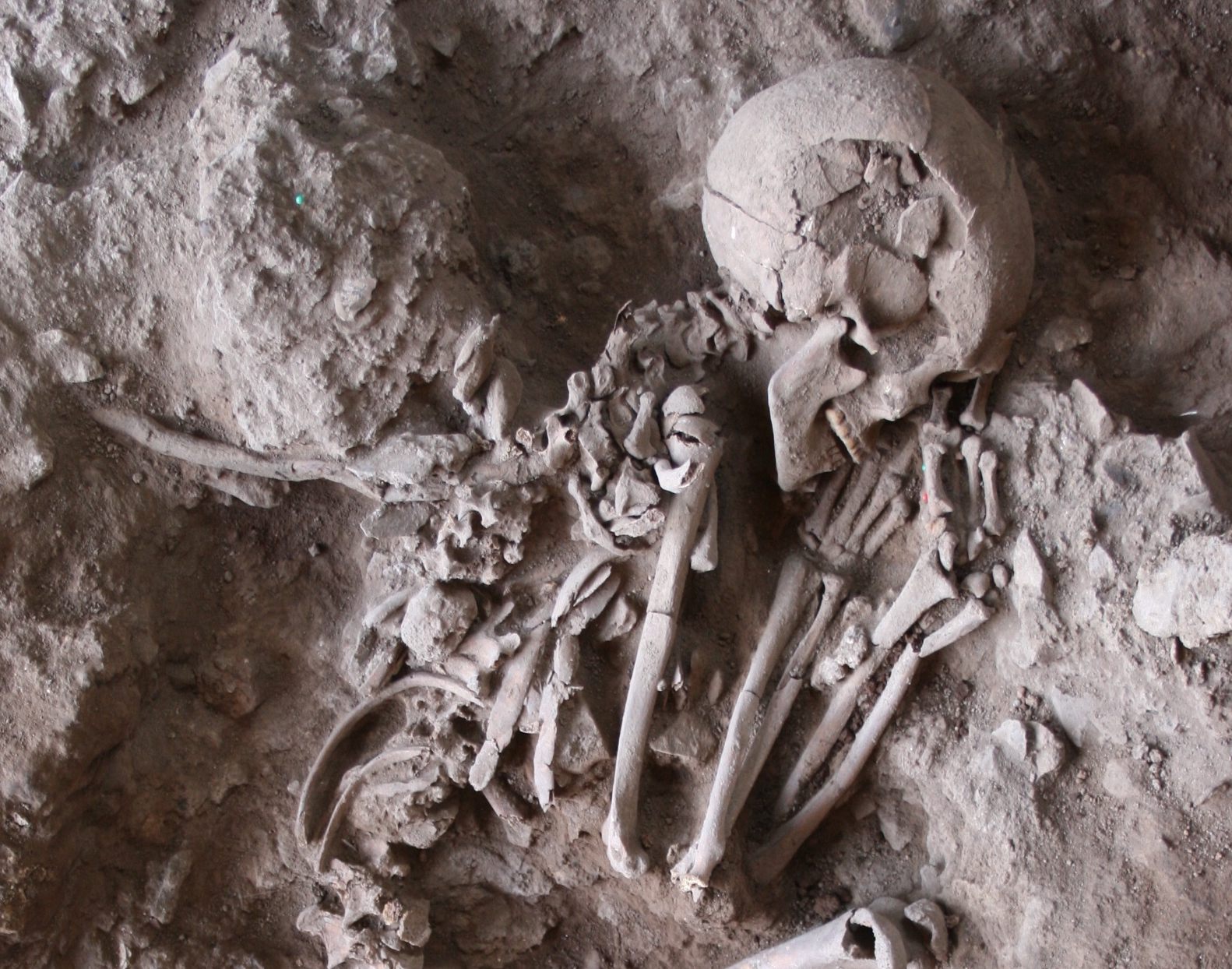
The finding, Liu said in the release, represents “the oldest record of man-made alcohol in the world.” It also reinforces an old theory, that beer was actually a critical step in humankind’s development of agriculture. This hypothesis has been around for over 60 years, and challenges the conventional wisdom that bread, rather than beer, was the catalyst for the domestication of cereal grains. Whatever came first, the Natufians appear to have been involved. Archaeologists recently uncovered the world’s oldest-known bread remains nearby, in Jordan, at another Natufian site. Bread and beer? We have much to thank the Natufians for.
Gastro Obscura covers the world’s most wondrous food and drink.
Sign up for our email, delivered twice a week.






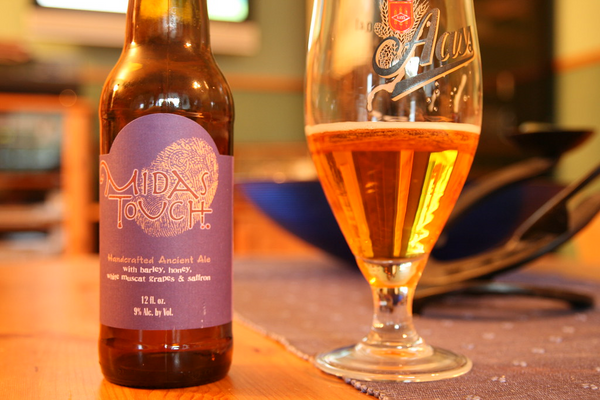

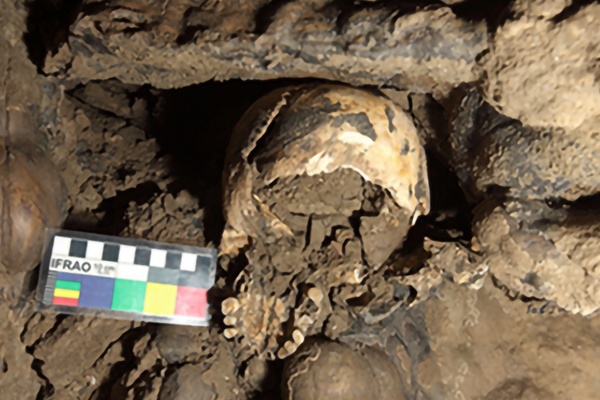





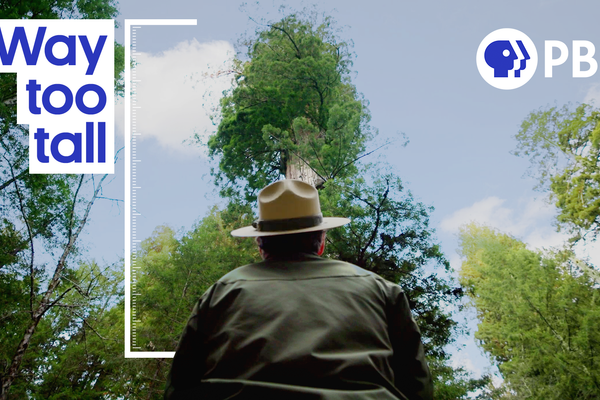







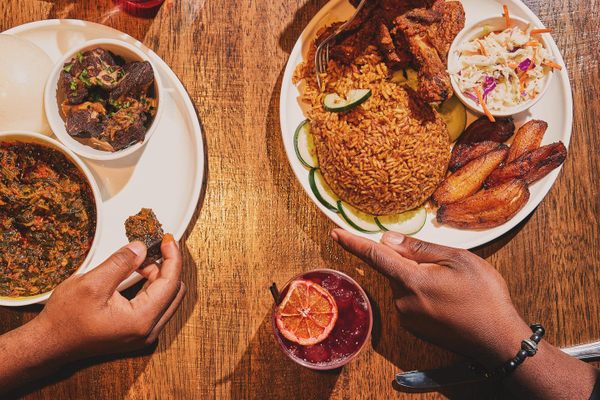




Follow us on Twitter to get the latest on the world's hidden wonders.
Like us on Facebook to get the latest on the world's hidden wonders.
Follow us on Twitter Like us on Facebook